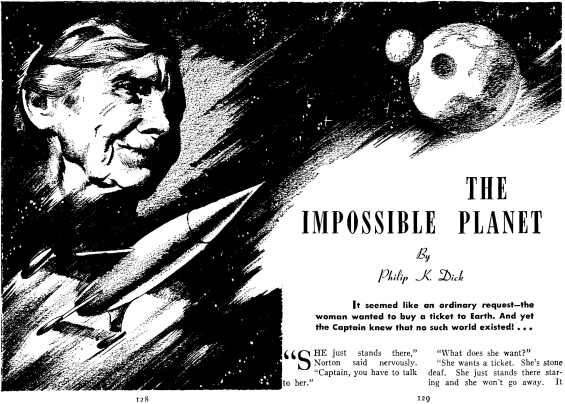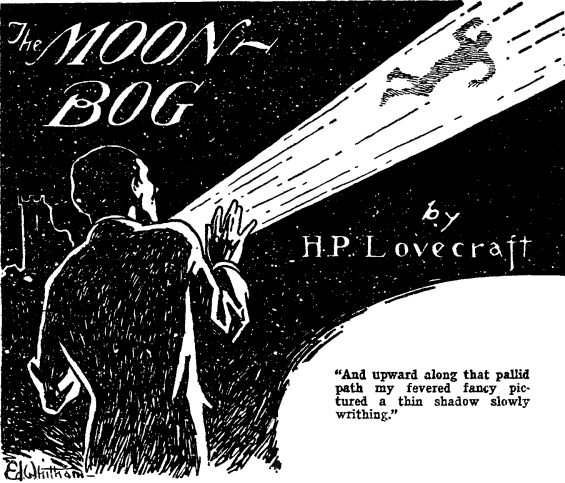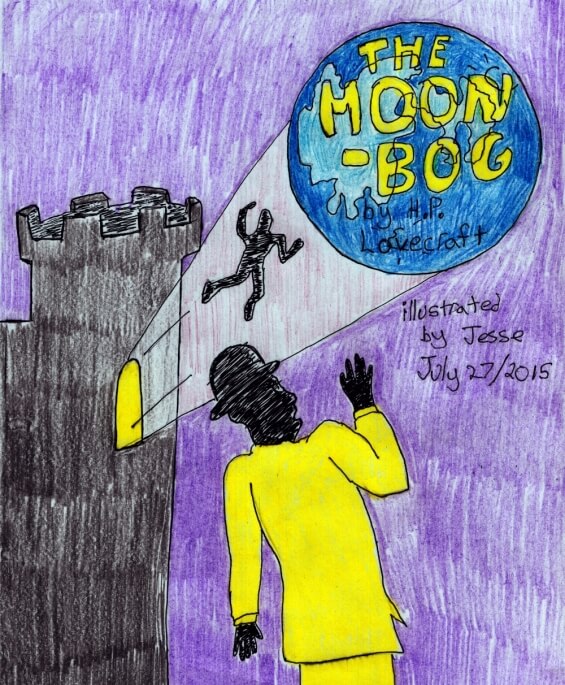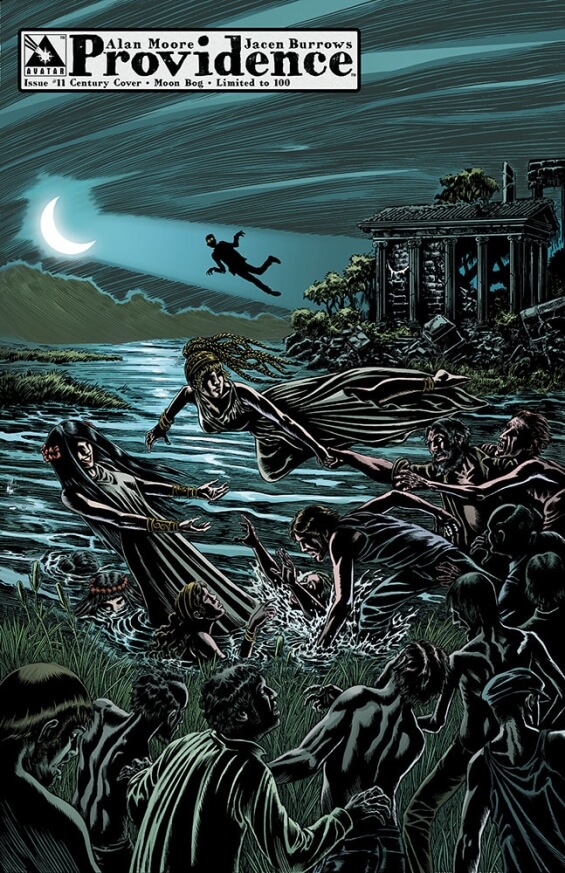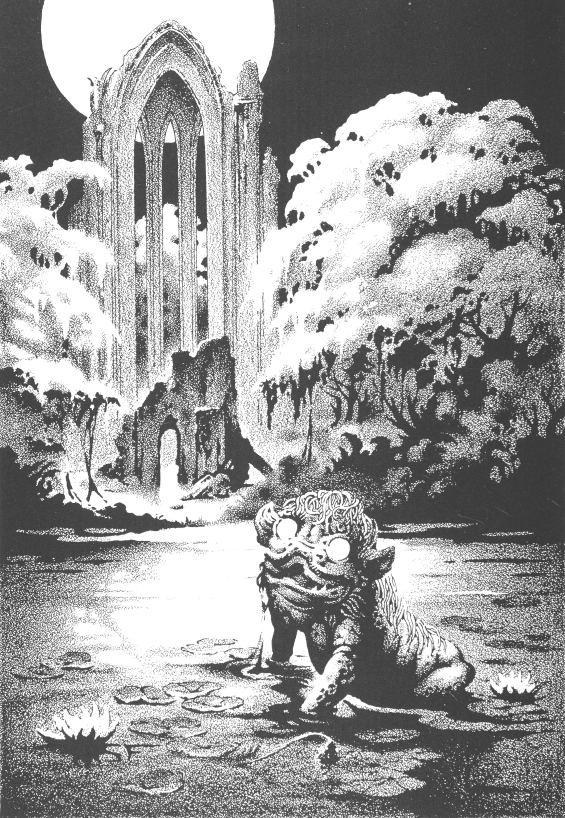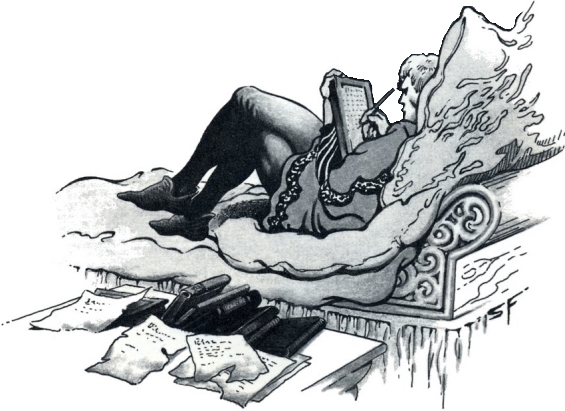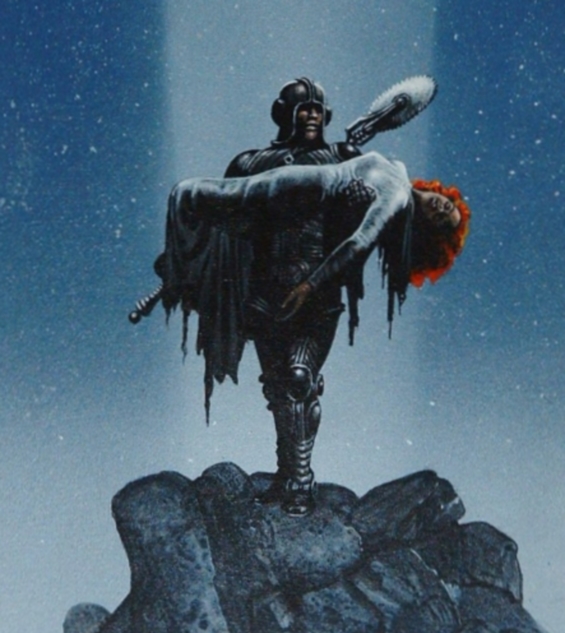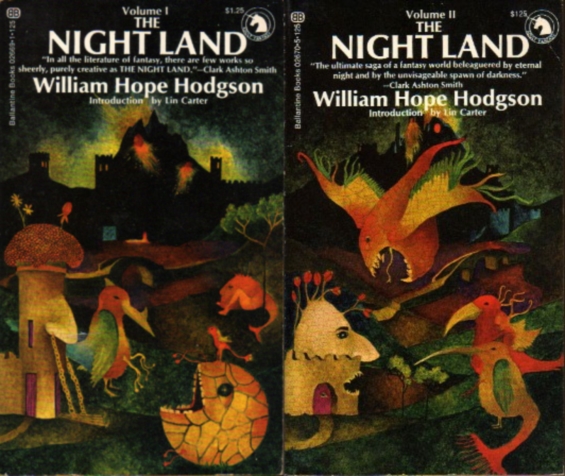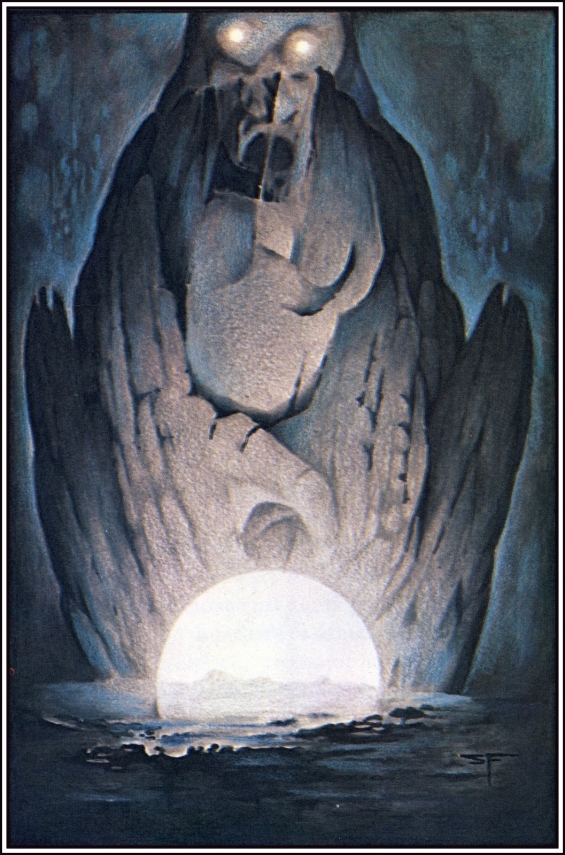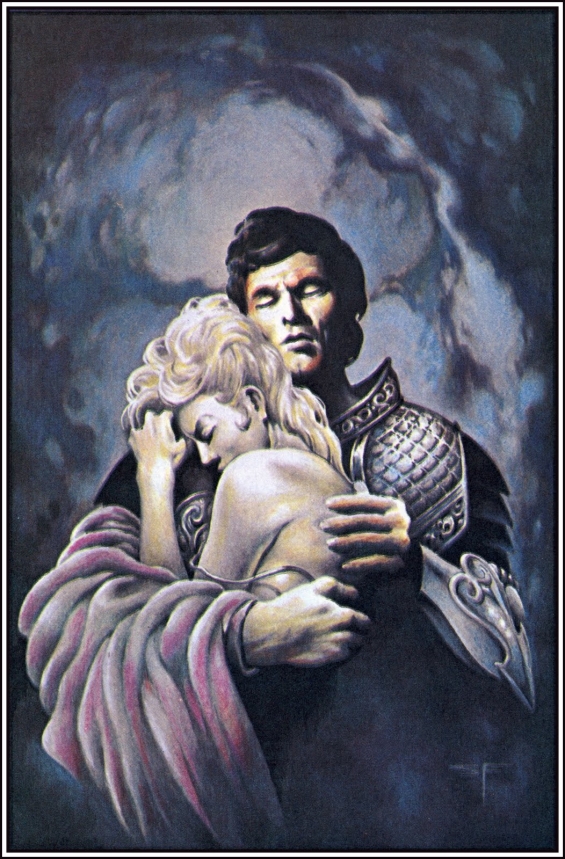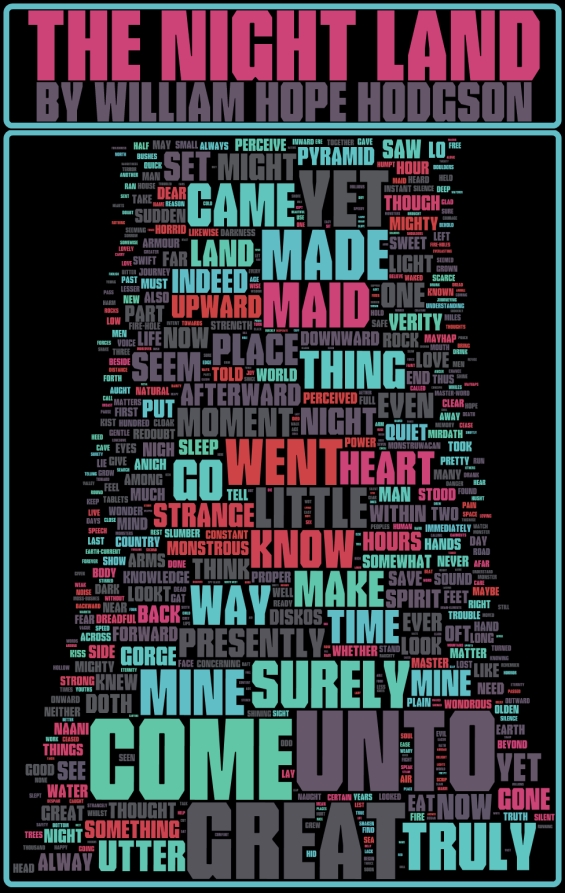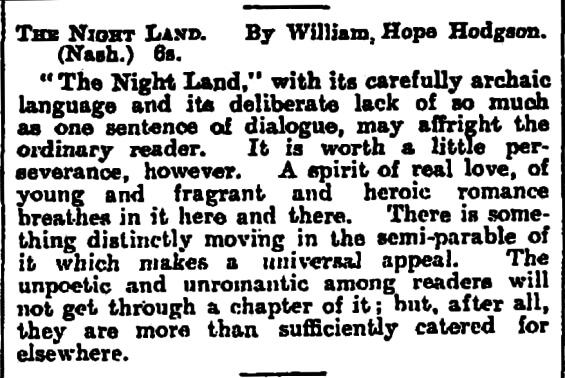
 The SFFaudio Podcast #465 – Jesse, Paul, Scott, Marissa, Matthew Sanborn Smith, Will, and Bryan talk about Dune: Book I “Dune” by Frank Herbert aka the first third of Dune.
The SFFaudio Podcast #465 – Jesse, Paul, Scott, Marissa, Matthew Sanborn Smith, Will, and Bryan talk about Dune: Book I “Dune” by Frank Herbert aka the first third of Dune.
Talked about on today’s show:
1965, serialized in Analog 1963, 1964, 15 years old, start the training early, mentat training, Bene Gesserit training, a trope, the crowning trope of a certain kind of science fiction, we are the universal super-being, fans are slans, it turns you into an asshole, peak podcast, a lot of drugs, the truthsayer drug, #thedrugsofdune, a drug book influenced by a drugee, rachag, coffee, the cranberry coloured stain of the sapho juice, mentats is a drug in the Fallout games, Nefud squatted, semuta, trance drugs, call on Doctor Yeuh, a wakeshot, sleeping drugs, ups and downs, poisons, the gom jabbar, inspiration, mushroom collecting, some science, Joe Rogan’s mushroom guy, psilocybin, pretty obvious, mushroomy, ecological science fiction, the creatures, part plant and part animal, the spice is worm poop, the network of how everything is interconnected, why it is so different from every other book, Philip K. Dick, A Clockwork Orange, Brave New World, a technology of the self, a drug of choice, meditation practices, how embodied the training Paul is doing, a very Joe Rogan book, body training, he is Joe Rogan, consciousness expansion, a prophecy laid down for him, a nice book about a mother and son going on a camping trip in the desert, wherever Paul goes, trite and facile, when Paul was 14/15, he has the same name as me, a mentat duke, save it for the next podcast, the first book of the first book of Dune, and baby sister in the womb, up to the point where Paul is crying for his daddy, high on spice beer, Florida, reading while travelling intensifies the reading experience, Tuscon, Idaho, the belly of a sandworm, walking around L.A., wasting water, get the squeezings, water discipline, what makes Dune so amazing, ecological novel, A Game Of Thrones before A Game Of Thrones, read it, read it, read it, an electro-static charged novel, pushing fifty, Dune Messiah, sparse, elegant, The Dune Encyclopedia, thoughtful and oblique, think harder and reflect, J.R.R. Tolkien’s The Lord Of The Rings, Arthur C. Clarke, a deep book, preparing for six years, sand dune migration in Oregon, comparative religion, psychology, twenty years, his genetic unconsciousness, a lot of poetry, Gurney Halleck, Dune World, try a Caladanian daughter, dense layer of referential, a second order approximation, a reaction to WWII and WWI, in different directions, Muslim history, resource politics, the ecological movement, decolonization politics, Orientalism by Edward W. Said, Napoleon, Lawrence Of Arabia turned on its head, exploiting the exotic, Misionaria Protectiva, a naked power grab, pretty subtle, intertwining change and stagnation, stress and response, the prison planet, galactic messiah, Arnold J. Toynbee, Chinese Gordon, Karthoum, the Mahdi, distributing information, a small film book of a small sandworm, a propaganda system, three great tutors for his sun, his mom is his yoga instructor, Thufir for math, Gurney for fighting, less internet than it should be, educating Paul, the Anderson/Herbert prequels, mentats are their YouTube, the Harkonen veil, basic facts, the Imperial Ecologist and Planetologist, the spacing guild, an information bottleneck, weather satellites, this information thing, the effect of a messiah on a society, the structure around a messianic leader, reflecting on the casualties of Paul’s jihad, unbelievers all, information transfer, Bene Gesserit fake news, accusing Russia, propaganda, this is a good duke, stories transfer (not YouTube videos), no rocketry, background ecology, door seals, meditation and the Arrakis version of chakras, a sense of pedagogy, a re-imagination of space-opera, Paul and Feyd are both students, formal and informal teachers, are you catching this?, loving relationship, one is the twisted and one is the pure, the policy and the curriculum, training up an aristocracy, Marcus Aurelius, Commodus, the medieval space opera, Star Wars, why it works for bad reasons, monoplocies, CHOAM, autocracies, a dream of Jesuits, House Corrino, the terrible crime of stagnation, cybernetics, the great mind, Game Of Thrones type tactics, a thoughtful parody, a retro universe, an intervention in the history of Science Fiction, your magna carta, family atomics, kanly, reading this novel after 1990, reading it in the 1980s, an appendix show?, the banquet scene, such a faithful adaptation of a novel, Dr Yueh’s droopy mustache, it’s not about what you film, the emotional undercurrent above the table, players roles, chess pieces, a microscopic view of the macroscopic greatness of this book, Ted Chiang’s Understand, picking up all these things, Paul gets an insult, Liet Kynes’ ally, this is why Jesse doesn’t like going to dinner parties, the most important scene in the book?, what a lot of novels are afraid to do, head-hopping, what they’re thinking, how they’re plotting, the power of Herbert, an unpaid-off plot thread, the stillsuit’s manufacturer’s daughter, who put her into play?, in light of later events…, George Guidall’s is the best audiobook version, how proof against modern times, “roles for women” and “mansplaining”, strictly defined, maybe we’re being double out-thought, from the eyes of other characters, false information, when Yueh gives himself away, the distraction we see in him, unreliable head-hopper, the narrator makes us like Paul, the epigraphs, you have a traitor amongst you, we know pretty much everything, the tension comes from elsewhere, who the father of Jessica was, the only surprise, so awesome, spoilers are not the important thing, who the hidden murderer is doesn’t matter, not Yueh, inconceivable to break imperial conditioning, B.F. Skinner’s behaviorism, a towering achievement of world-building, a classic suspense story, Ken Schneyer, Princess Irulan is a propagandist, the opening, inside the propaganda machine, Hart To Hart, predestination as storytelling technique, Agamemnon by Aeschylus, two great houses, a knowing walk into doom, a reversal of the hero’s journey, a romance, the seeds of tragedy are being sown, remixes of contemporary and historical events, Gom Jabbar as a pun on Kareem Abdul Jabbar? [or is the jabbar derived directly from the Arabic for coercion or force?], the “Lansdraad”, the Hanseatic League, whipping all these things together, Tolkien, very Shakespearean, the soliloquy, Piter De Vries, watching Dune under the effect of edibles, watch the David Lynch movies first!, Starlog, a fascinating movie and book, The Twilight Zone Magazine, the reader creates the world for themselves, how an ornithopter works, Jodorowsky’s Dune, sparking off your imagination, Eric S. Rabkin’s “transformed language”, dragons, worm = wyrm, the epithets, silky and effeminate, the Harkonnen sexuality vs. the Atredies’ kanly manliness, the Baron’s an awesome villain, appetites, plans within plans, surrounded by weak terrible characters, don’t waste this sexy lady, whoever seduced the Baron in his youth, the greatest villains, Night At The Museum, to enhance the horror of the Harkonens, a love of a certain kind of efficiency and morality, trying to get revenge, the unexpected, “Russian hacking”, the internet research agency, it’s a bot, billionaires know each other, foolish and stupid thinking, seeing the inner workings of people’s minds, subtle body cues and motivational signals, we are trained by Herbert, the “my dead wife excuse”, when did Yueh flip, for murder?, securing his seed for another bloodline?, a text for analyzing reality, James Risen‘s debate with Glenn Greenwald, we’re becoming the Kwisatz Haderach while we’re reading it, priming for skepticism, the weirding way, Bene Gesserit kung fu, the voice is real, “the teacher voice”, the “parent voice”, The Wire, Stilgar spits on the table, the book is sneaky and devilish, a science of pain, living your life in a pain amplifier, similar to LSD and hallucinogens, layers going on underneath, collective unconscious, everything is interconnected, Jungian racial memory, the Reverend Gaius Helen Mohiam, Siân Phillips, you treat her as a common serving wench?, sequel and prequel books, Hellhole by Kevin J. Anderson, Seleucus Secundus, Sardukar, mining ideas, marrying soft and hard science fiction, Dune as a fat fantasy novel, noble houses, sword fights, magical powers, a fantasy book with science fiction discipline, science fiction tools, anthropology, Black Panther, a scientific ecology, no sense of the fantastic, The Stars My Destination, cold eyed realpolitik, political science, Michael Moorcock’s Starship Stormtroopers, what makes Mordor evil, when Gurney becomes to old, a moral difference, the evil is real, wanting to have the scenes, the road goes ever on, but what are the healing properties of that tree?, a walking tour of England, the greatest connection to fantasy is with how the Kwisatz Haderach works, a cool insane idea, the Mass Effect games, space magic, “everything’s connected man, I can travel to the stars!”, “I can read your mind, man!”, when Paul has a dream of Chani, the waking dream, Muad’dib, drunken Duncan Idaho, Altered Carbon, brain chemistry, advanced mental training to appreciate your dreams, lucid dreaming, pure fantasy, working against the Missionaria Protectiva, never mind about Elijah!, actual nuns took Scott away, the zeitgeist of science fiction in the 1960s, The Nine Billion Names Of God by Arthur C. Clarke, Larry Niven’s indestructible hulls, Philip K. Dick, Athena visiting Telemachus, the metaphor for a bowstring being drawn and released, the Butlerian Jihad, human machines and our magic and engineering, focused consciousness, the animal and the human, love and duty, fantasy strips away choice, Frodo, a fantasy of international relations, Tolkien wants to leave the world, those orcs, ultimately killable, tools for dealing with the world, take walks and smoke pipes, a training manual, it’s all coming together, points of realization, “wow, my mind blown!”, the morality and humanity of your parents, Dune World (the Analog serialization), the heroes are wiped out, the trap is sprung, when Gandalf is killed, Star Wars: The Last Jedi, great relief, traipsing through Farmer Maggot’s mushroom fields.
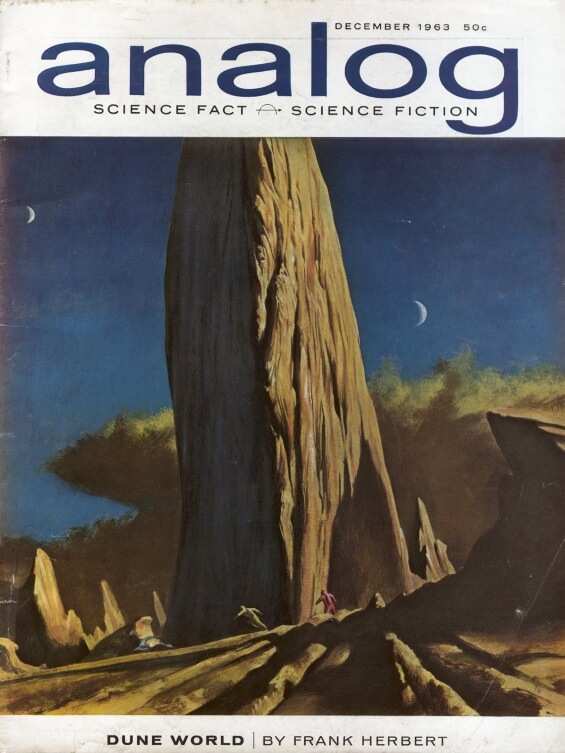
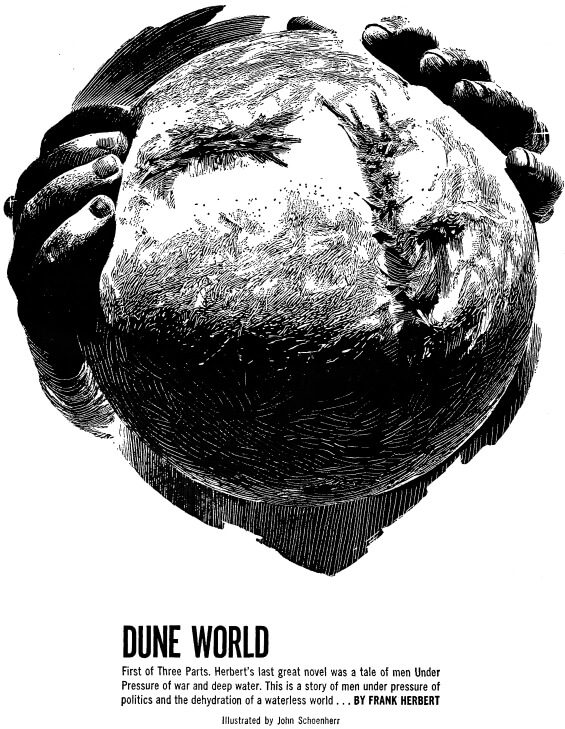
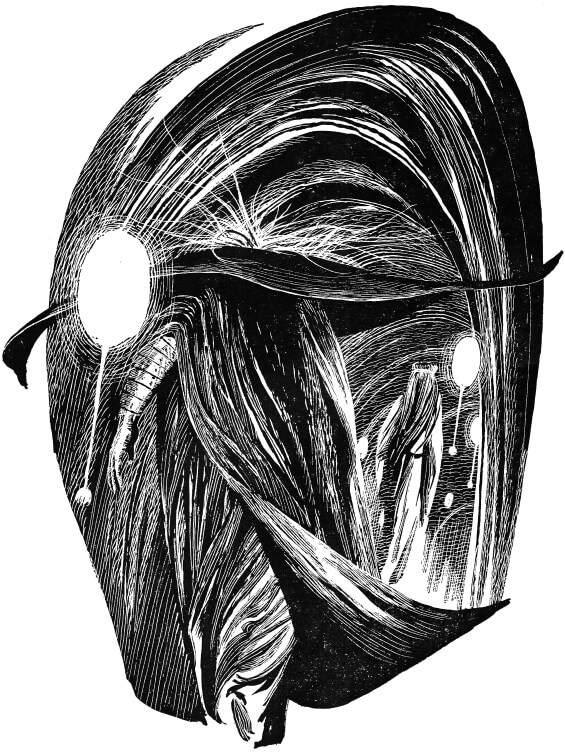
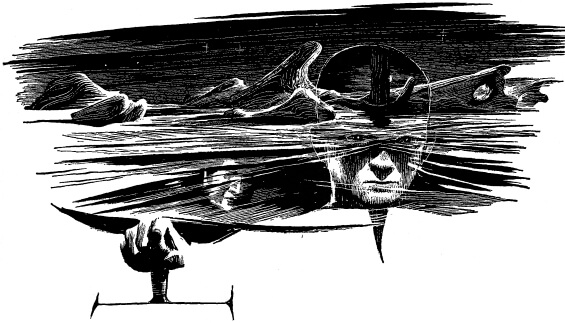
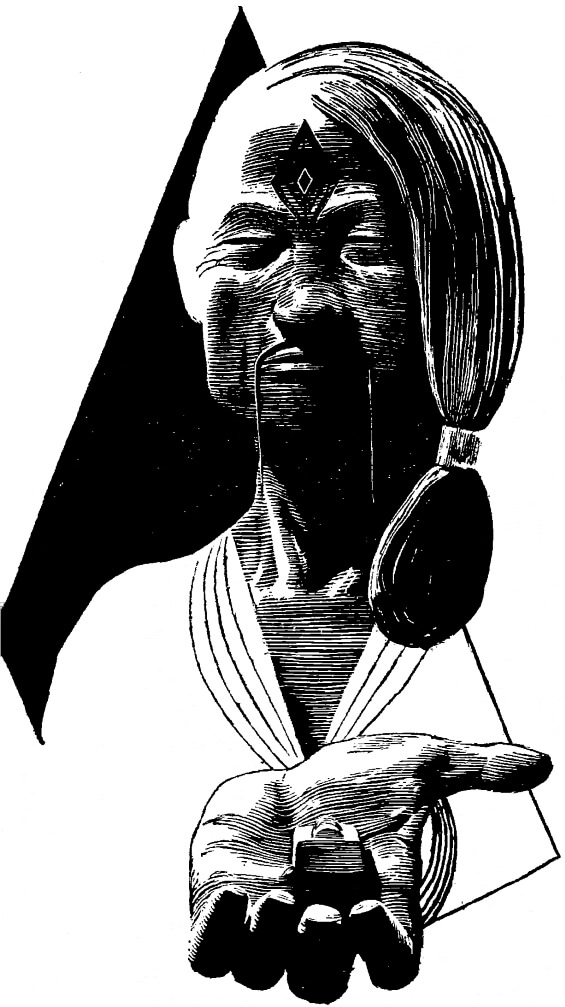
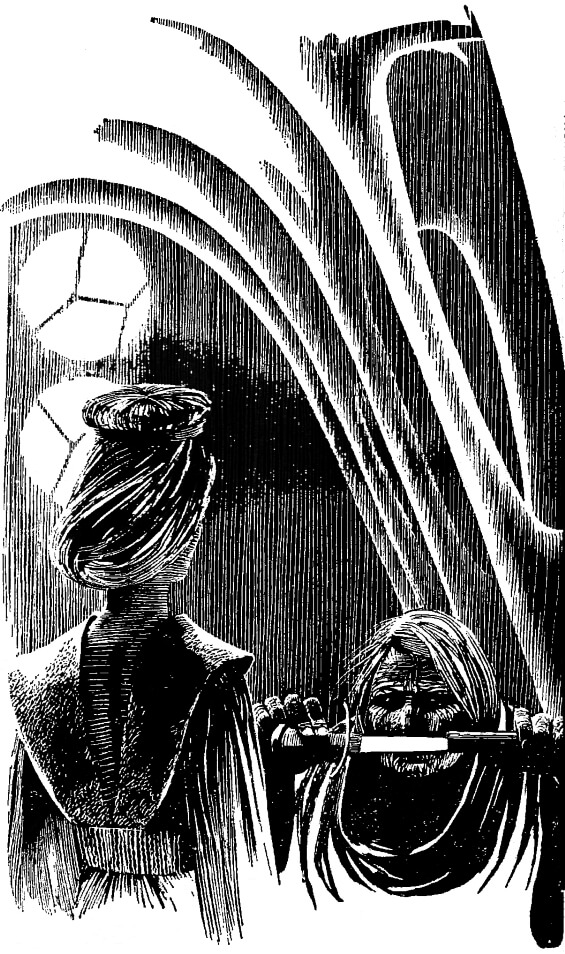
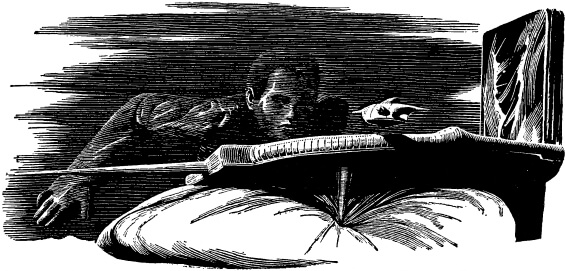
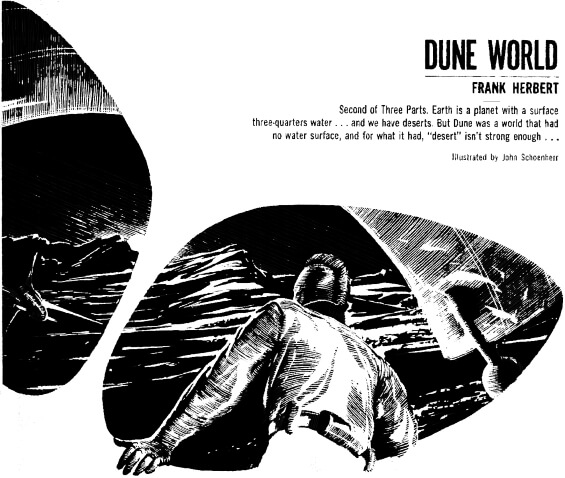
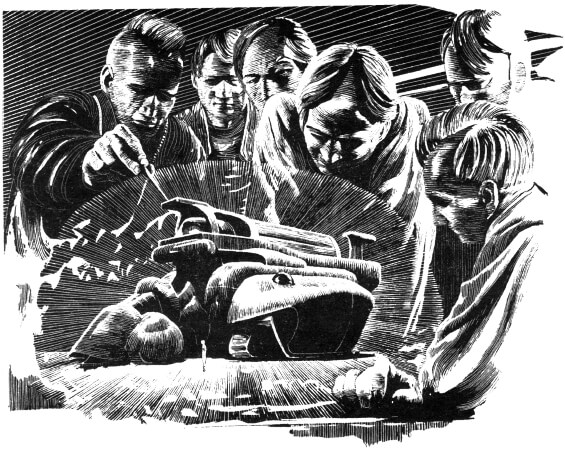
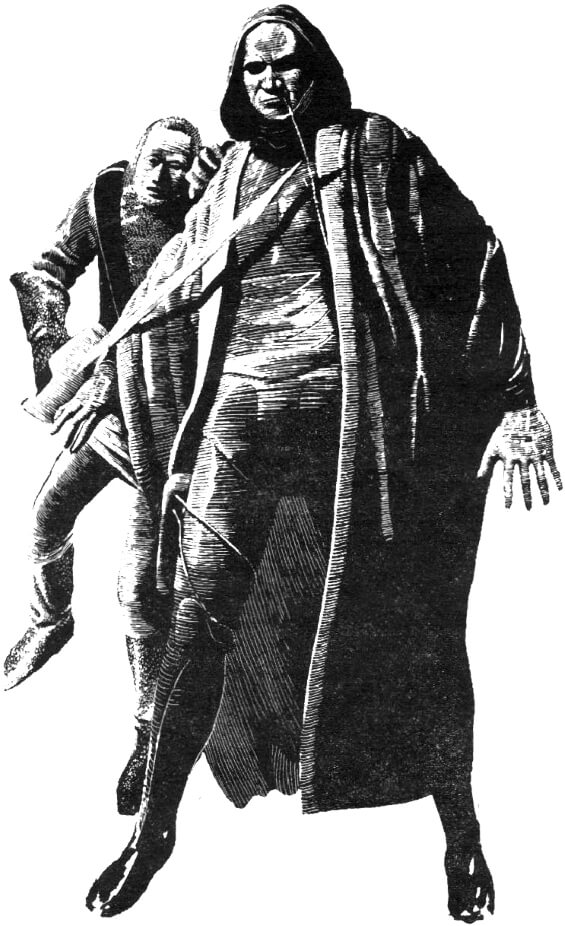
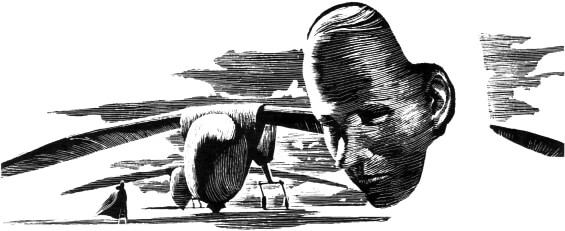

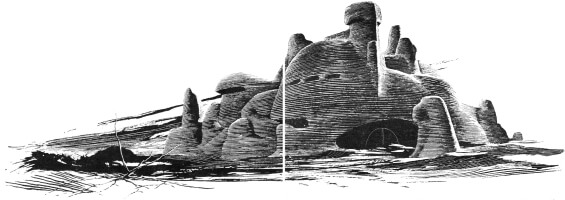
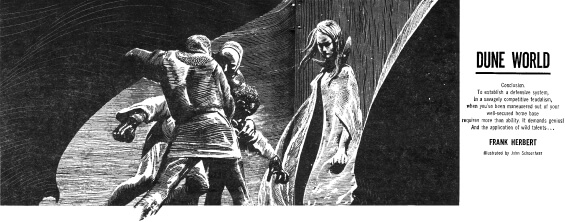
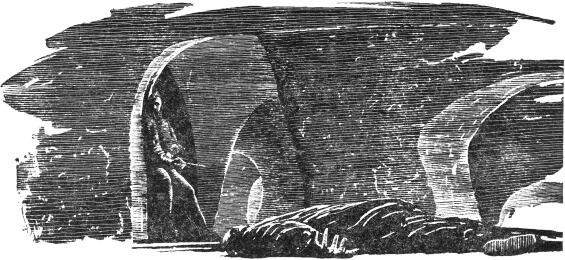
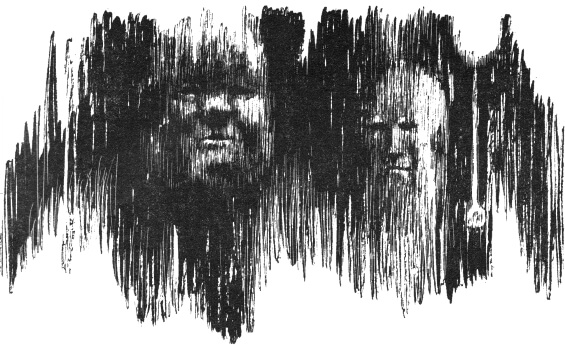
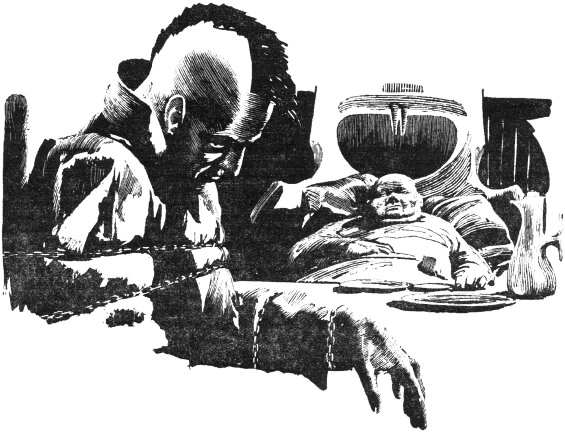
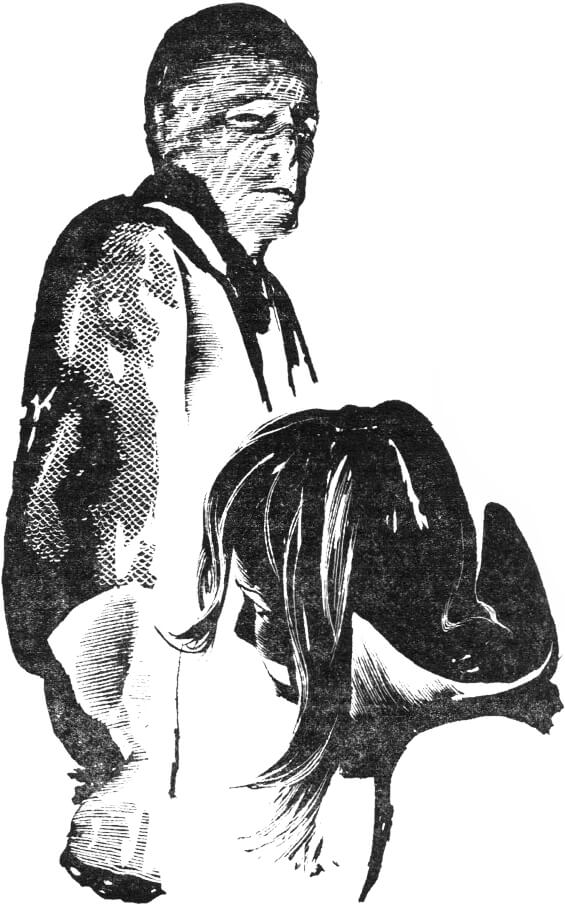


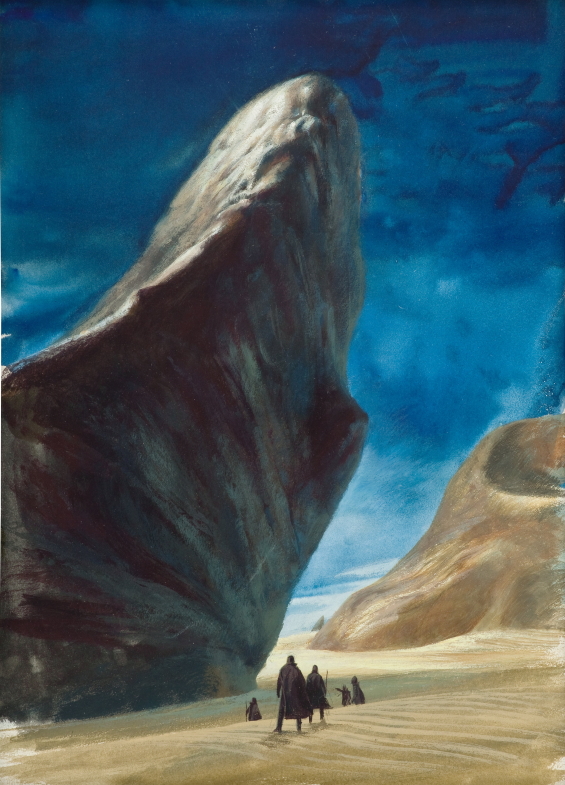
Posted by Jesse Willis
